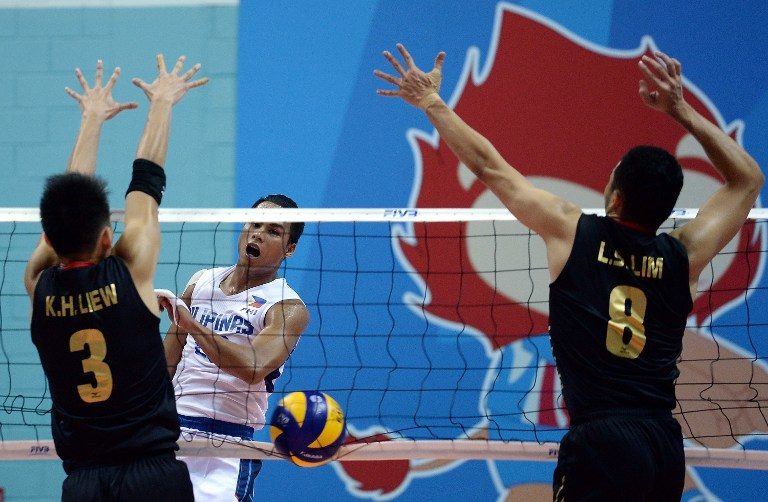This September, the Korean men`s volleyball team will participate in their tenth FIVB World Championship, marking their return to the tournament after an 11-year hiatus. The team has been drawn into Pool C, where they are scheduled to play France on September 14, Argentina on September 16, and Finland on September 18. All matches will take place at the Smart Araneta Coliseum in Quezon City.
This return concludes a long period of absence from the global championship for the team and offers a new opportunity to assess their progress against leading international squads.
A Glimpse into History and Legacy
Korea`s most successful World Championship performance remains the 1978 tournament, where the team reached the semifinals and ultimately finished fourth. That campaign was led by Kim Ho-Chul, one of the most iconic figures in Korean volleyball history, widely respected across Asia. Known for his game vision and setting mastery, Kim later built a successful coaching career that significantly contributed to the sport`s development both at home and abroad.
Although the team has not replicated that result since, Korea maintains a strong position in Asia. They have won four Asian Championship titles and three gold medals at the Asian Games, regularly competing with continental giants such as Japan, Iran, and China. Nevertheless, translating this regional consistency into successful performances at the world level has remained a challenge, particularly in recent decades.
Renewed Efforts and Strategic Development
Following missed qualifications in 2018 and 2022, the Korea Volleyball Association took steps to strengthen the national team structure. Brazilian head coach Issanaye Ramires was appointed to bring new technical insights and international experience to the program. His arrival reflects a broader commitment to modernizing the team`s approach while preserving the playing characteristics that have long defined Korean volleyball.

These changes have been supported through the FIVB Volleyball Empowerment program. Since 2021, the Korean men`s program has received a total of $126,000 in coaching support, including an approved 12-month ongoing project of $84,000 in 2023.
Distinctive Style and Key Players
Korea`s playing style remains rooted in speed, rhythm, and tactical precision. Rather than relying on height or power, the team traditionally uses quick transitions, ball control, and coordinated movements to break down opponents` defenses. This identity continues today, shaped by players developed through the country`s professional V-League, which offers a high standard of domestic competition and regular exposure to international talent.
Among the players expected to lead the team is outside hitter Heo Su-bong, one of the few veterans from recent national team selections and a standout in the Korean league. He is joined by Lee Woo-jin, who spent the 2024–25 season in Italy`s SuperLega with Vero Volley Monza, gaining valuable experience in one of the world`s most competitive club competitions.
The Road Ahead
The 2025 World Championship will serve as a crucial benchmark for Korea`s current generation. In a challenging group that includes Olympic champions France and strong contenders like Argentina and Finland, the primary focus will be on execution, adaptability, and clarity in performance. For a team with deep roots in the sport and a renewed commitment to development, this return is an opportunity to reassert their position within the evolving landscape of international volleyball.

